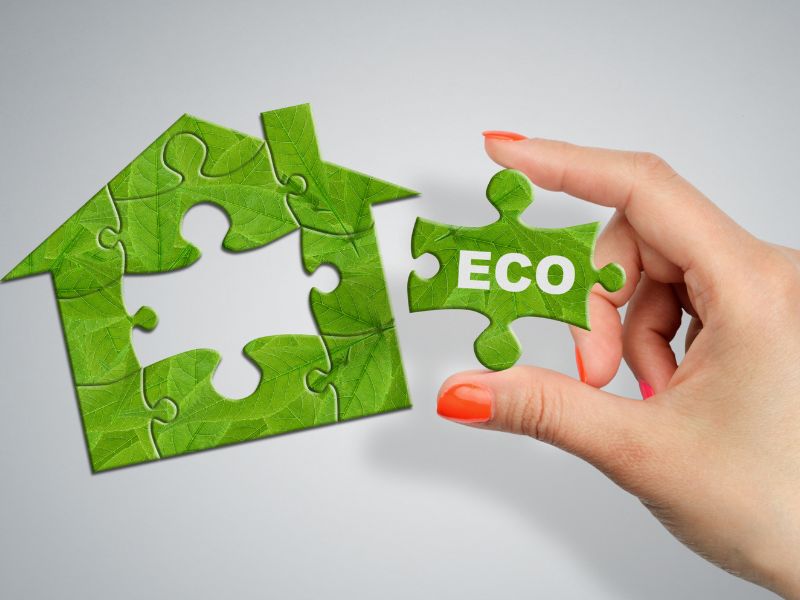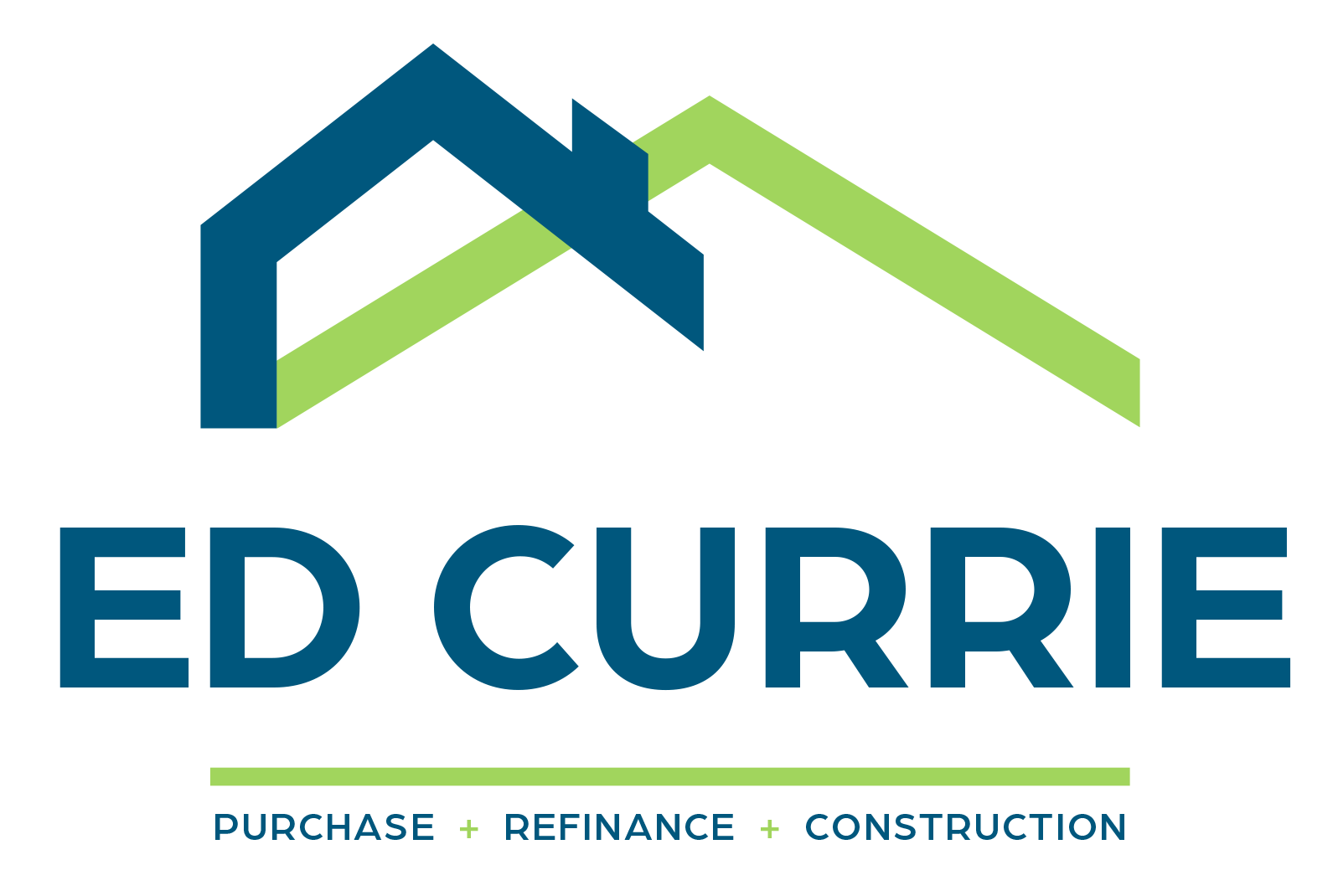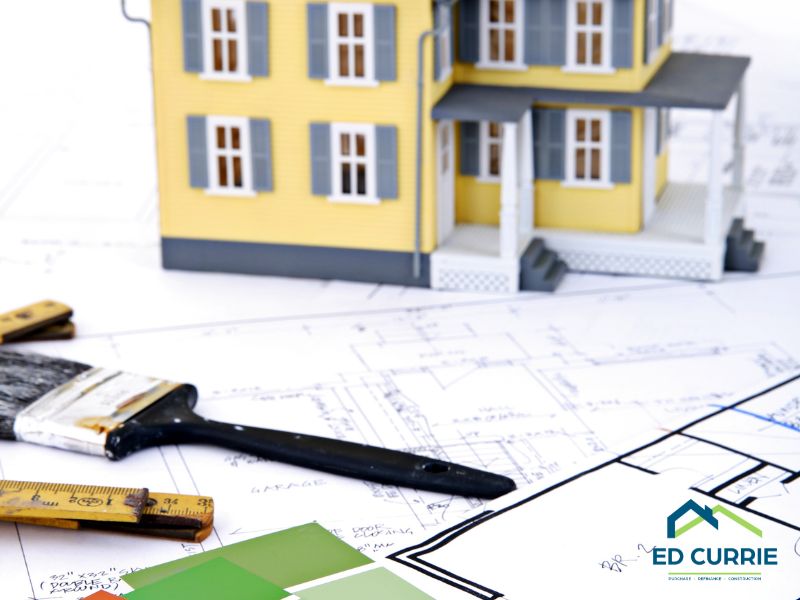
As sustainability becomes an integral part of modern living, homeowners are increasingly seeking eco-friendly options for home improvement projects. The good news is that there’s a growing array of green building materials that not only contribute to a healthier environment but also enhance the value and efficiency of your home.
Bamboo Flooring:
Sustainability: Bamboo is a fast-growing grass that matures much quicker than traditional hardwoods, making it an environmentally friendly flooring option.
Durability: Bamboo is known for its strength and durability, making it an excellent choice for high-traffic areas in your home.
Recycled Glass Countertops:
Eco-Friendly Production: Recycled glass countertops are made from recycled glass chips embedded in a binder material, reducing the demand for new raw materials.
Aesthetic Appeal: These countertops come in a variety of colors and patterns, providing a unique and aesthetically pleasing focal point in kitchens and bathrooms.
Reclaimed Wood:
Environmental Impact: Using reclaimed wood from old barns, factories, or other structures reduces the need for fresh timber, preserving forests and preventing unnecessary deforestation.
Character and History: Reclaimed wood adds character to your home with its unique patina and history, creating a warm and inviting atmosphere.
Recycled Steel:
Strength and Durability: Recycled steel is a robust and durable material suitable for various home improvement projects, including framing, roofing, and siding.
Reduced Carbon Footprint: Using recycled steel requires less energy compared to manufacturing new steel, contributing to a lower carbon footprint.
Cork Flooring:
Sustainability: Cork is harvested from the bark of cork oak trees, which can be done without harming the tree. This makes cork a renewable and sustainable flooring option.
Comfort and Insulation: Cork provides natural insulation and has a soft, comfortable feel underfoot, making it an excellent choice for bedrooms and living areas.
Low VOC Paints:
Indoor Air Quality: Volatile Organic Compounds (VOCs) found in traditional paints can release harmful fumes into the air. Low VOC paints offer a healthier indoor environment by minimizing these emissions.
Color Options: Low VOC paints come in a wide range of colors and finishes, allowing you to express your style while being mindful of your health and the environment.
Solar Panels:
Renewable Energy: While not a traditional building material, solar panels are a sustainable addition to any home improvement project. They harness the power of the sun to generate electricity, reducing reliance on non-renewable energy sources.
Embarking on a home improvement project funded by construction loans provides an excellent opportunity to make sustainable choices that benefit both your home and the environment. By incorporating eco-friendly building materials like bamboo flooring, recycled glass countertops, reclaimed wood, and others, you not only enhance the aesthetic appeal of your home but also contribute to a greener and more sustainable future. Choose wisely, and let your home improvement journey be a positive step toward building a more environmentally conscious and resilient living space.




![EdCurrie_Logo White[Transparent] EdCurrie_Logo White[Transparent]](https://edcurrie.com/wp-content/uploads/elementor/thumbs/EdCurrie_Logo-WhiteTransparent-qybu3sjgpfhje9098uitv7fpt7os2hgn52gfy6ocx4.png)